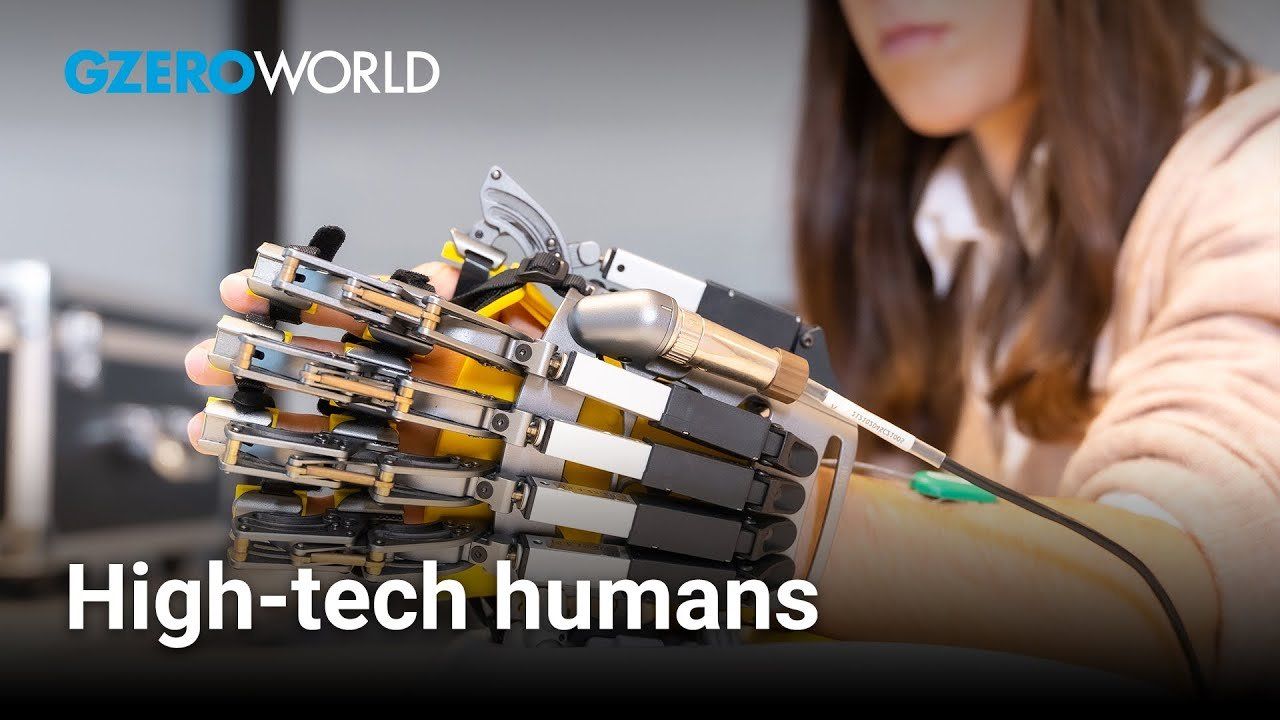GZERO World Clips
How medical technology will transform human life - Siddhartha Mukherjee

How medical technology will transform human life | Siddhartha Mukherjee | Ian Bremmer | GZERO World

On GZERO World, Ian Bremmer and Siddhartha Mukherjee explore the many ways medical technology will transform our lives and help humans surpass physical and mental limitations. Mukherjee, a cancer physician and biologist, believes artificial intelligence will help create whole categories of new medicines. AI can spit out molecules with properties we didn’t even know existed, which has tantalizing implications for diseases currently thought to be incurable. Recently discovered treatments for things like spinal muscular dystrophy, which used to be almost certainly deadly but is now being treated with gene therapy, are just the beginning of what could be possible using tools like CRISPR gene editing or bionic prosthetics.
Mukherjee envisions a future where people who are paralyzed by disease or stroke can walk again, where people with speech impairments can talk to their loved ones, and where prosthetics become much more effective and integrated into our bodies. And beyond curing ailments, biotechnology can help improve the lives of healthy people, optimizing things like brain power and energy.
“We will become smarter, we will become hopefully more disease resistant, we will have larger memory banks,” Mukherjee explains, “And we will have the capacity to interact in the virtual sphere in a way we cannot just simply interact in the real sphere.”
In this Quick Take, Ian Bremmer addresses the killing of Alex Pretti at a protest in Minneapolis, calling it “a tipping point” in America’s increasingly volatile politics.
Who decides the boundaries for artificial intelligence, and how do governments ensure public trust? Speaking at the 2026 World Economic Forum in Davos, Arancha González Laya, Dean of the Paris School of International Affairs and former Foreign Minister of Spain, emphasized the importance of clear regulations to maintain trust in technology.
Will AI change the balance of power in the world? At the 2026 World Economic Forum in Davos, Ian Bremmer addresses how artificial intelligence could redefine global politics, human behavior, and societal stability.
Ian Bremmer sits down with Finland’s President Alexander Stubb and the IMF’s Kristalina Georgieva on the sidelines of the World Economic Forum to discuss President Trump’s Greenland threats, the state of the global economy, and the future of the transatlantic relationship.